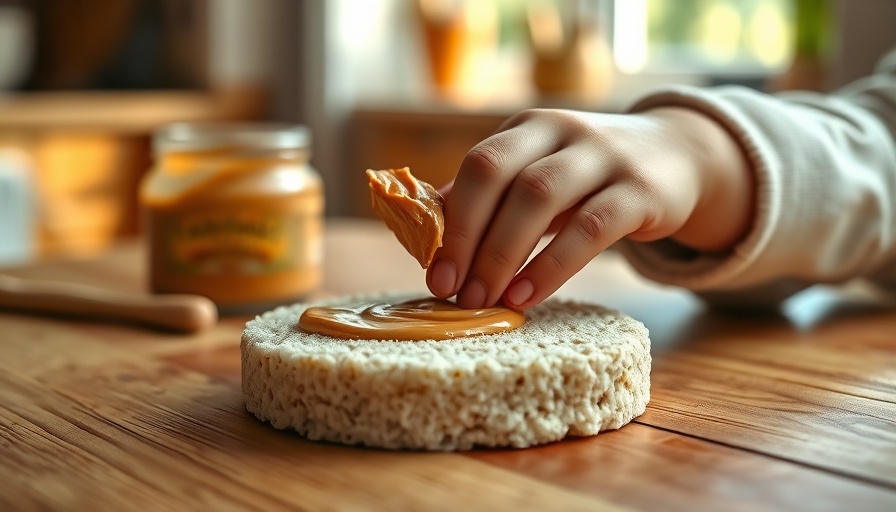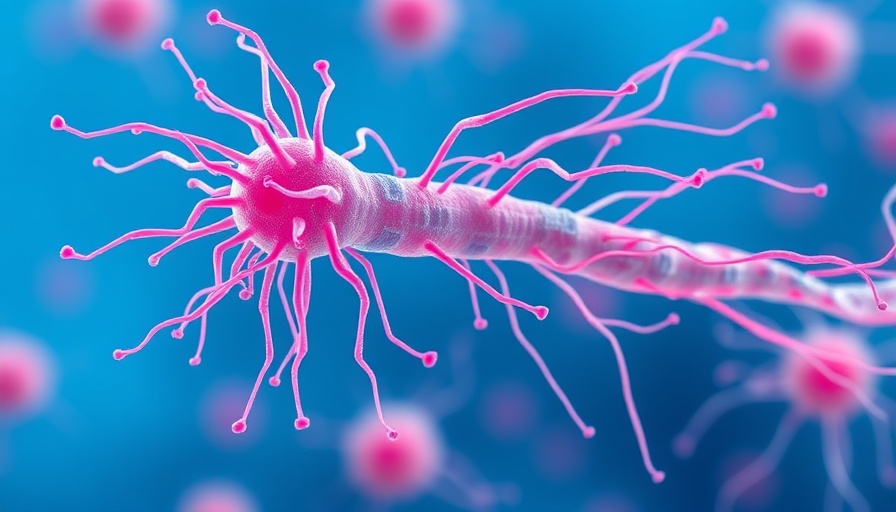
Understanding the New Findings: The Peanut Challenge
Recent research has provided a groundbreaking insight into the management of peanut allergies, suggesting that a significant number of children diagnosed with low-risk peanut allergies may not require time-consuming and potentially risky treatments like oral immunotherapy (OIT). This revelation is particularly valuable for parents seeking effective and safe management options for their children’s allergies.
The Study: Key Insights
Researchers at the University of Michigan conducted a study assessing the tolerance of a cohort of 76 children under four years old with low-risk peanut allergies. Notably, nearly 70% of these children tolerated a full peanut oral food challenge, eliminating the need to undergo oral immunotherapy. This treatment, while beneficial for some, can present challenges such as prolonged clinic visits and potential reactions.
The study's methodology highlighted that 16 children considered low-risk, based on specific criteria including a history of mild reactions and low skin prick test results, participated in an accelerated dose escalation of peanut OIT. Out of these, 11 children (approximately 68.8%) successfully tolerated the full dosing. This presents an encouraging indication that many low-risk patients may manage their allergies without intensive interventions like OIT.
What is OIT and Why Might It Not Be Needed?
OIT involves gradually increasing exposure to an allergen to build tolerance. While it has shown success for many high-risk allergy sufferers, the burdens it carries may not always be justified—especially for those with low-risk profiles. The study's findings advocate for an oral food challenge prior to considering OIT for patients characterized as low-risk based on clinical history and allergy testing.
This approach not only reduces the need for extra clinical visits—an average of 4.5 fewer visits in the study—but also minimizes the exposure to potential reactions that accompany OIT. Parents may find peace of mind knowing that, for many children, simply performing a peanut challenge may suffice to validate their child’s capacity to tolerate peanuts.
Broader Implications for Peanut Allergy Management
This study's implications resonate well beyond individual treatment plans, offering a call to action for healthcare providers to reconsider management strategies for peanut allergies in children. With such a high tolerance rate among low-risk cases, a shift in treatment protocol could emerge significantly, potentially decreasing healthcare costs and improving quality of life for families.
Moreover, this study prompts a broader dialogue about how we classify and approach food allergies. The identification of low-risk patients through careful testing allows for more tailored and effective strategies, reducing the stigma and worry that often accompanies food allergies.
Limitations of the Study
While these findings are promising, it’s essential to note that the study had limitations, including a small and ethnically homogeneous cohort. Future research is needed to corroborate these findings across diverse populations to ensure the safety and efficacy of the accelerated OIT approach.
As researchers continue to explore the dynamics of food allergies, studies with larger and more varied groups could further validate this promising approach, paving the way for easier management protocols.
Practical Insights for Parents
If your child has a peanut allergy, understanding their allergy level is crucial. A consultation with an allergist can help determine if they're a suitable candidate for an oral food challenge rather than starting OIT right away. By being informed about the study's findings, parents can advocate for their children's health and explore options that prioritize safety and quality of life.
Conclusion: Empowering Parents with Knowledge
The findings from the University of Michigan present a refreshing perspective on how we approach peanut allergies in children. By embracing a model that emphasizes the importance of individualized care through oral food challenges, parents can potentially shift the narrative from restrictive treatments to empowering solutions that promote safety and wellness. For those navigating the complexities of food allergies, be proactive in your discussions with healthcare providers. Equip yourself with knowledge that may reshape the path forward for your child.
To stay informed about allergy management and trends in healthcare, engage with resources and discussions in your community, and consider reaching out to allergy specialists for tailored support.
 Add Row
Add Row  Add
Add 



 Add Row
Add Row  Add
Add 
Write A Comment